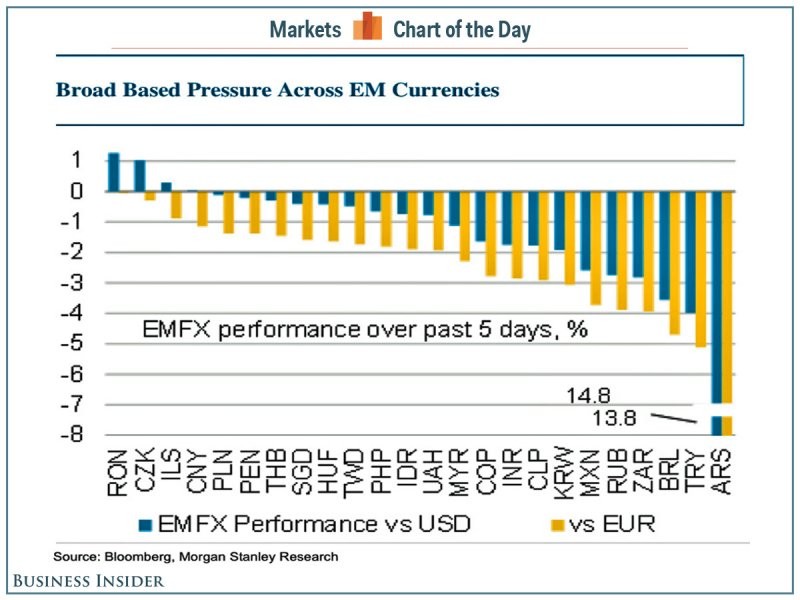Regulators Weigh Curbs on Trading Fees; SEC Officials Consider Testing MakerTaker Plans
Post on: 16 Март, 2015 No Comment

Regulators Weigh Curbs on Trading Fees
SEC Officials Consider Testing Maker-Taker Plans
SCOTT PATTERSON And ANDREW ACKERMAN
April 14, 2014 7:08 p.m. ET
WASHINGTON—A fee system that is a major source of revenue for exchanges and some high-frequency trading firms is coming under the heightened scrutiny of regulators concerned that market prices are being distorted, according to top Securities and Exchange Commission officials.
SEC officials, including some commissioners, are considering a trial program to curb fees and rebates they say can make trading overly complex and pose a conflict of interest for brokers handling trades on behalf of big investors such as mutual funds.
At issue are maker-taker fee plans, which pay firms that make orders happen—often high-frequency trading firms that specialize in trading strategies designed to capture payments. The plans charge firms that take trades—typically big investment firms looking to buy or sell a chunk of stock or hedge funds making bets on short-term price swings.
The trial program would eliminate maker-taker fees in a select number of stocks for a period to show how trading in those securities compares with similar stocks that keep the payment system.
Fees and rebates have been core features of the market since the mid-2000s, with payments that typically run about 20 or 30 cents for each 100 shares traded. The payments are designed to boost trading at an exchange by giving firms an incentive to post orders, in theory making it easier for other investors to buy and sell stocks.
But such fees have come to dominate trading as exchange operators try to compete for orders. The result, critics say, is an overly complex market often driven more by how fees are parceled out than by the availability of a stock.
BlackRock Inc. the worlds largest money manager, said in a white paper this month that brokers are faced with an inherent conflict of interest when executing client orders because they can pocket exchange payments. The fund manager said regulators should review whether heavily traded stocks require any rebates at all, as part of a broad review of exchange fees.
Fund managers and others concerned about the negative effects of maker-taker recently held a series of private meetings with SEC Chairman Mary Jo White and other staff members to push for its elimination, according to people familiar with the meetings. Among those who met with the SEC was Jeffrey Sprecher, chief executive of IntercontinentalExchange Group Inc. which owns the New York Stock Exchange; representatives from fund manager T. Rowe Price Group Inc TROW +0.96% ; and representatives from RBC Capital Markets, a unit of the Royal Bank of Canada.
Some who attended meetings with Ms. White say she responded favorably to the proposal, but she hasnt committed to it publicly. The SEC declined to comment about Ms. Whites position on maker-taker.
A trial program also is drawing a measure of support from several of the agencys five commissioners. Luis Aguilar, a Democrat, said in an April 2 speech the agency should look into a program that investigates the effects of the maker-taker model on order routing practices, transparency and other metrics, saying such a test would help inform the discussion on whether the maker-taker model needs to be changed or eliminated.
SEC Commissioner Kara Stein, also a Democrat, said in an email she supports a pilot program or other means that examine how the current incentive models affect order flow, and how they impact overall market fairness and efficiency.
Daniel Gallagher, a Republican commissioner, said in an email that the proliferation of maker-taker must be revisited as part of a broader market structure review. Michael Piwowar, a Republican commissioner, declined to comment.
Maker-taker has come under a harsh spotlight in recent years, with big investment firms, academics and exchange executives saying it can hurt long-term investors and skew brokerage-firm incentives.
A primary criticism is that the fees pose a conflict for brokers, who might choose to route an investors order to an exchange with the goal of earning a payment, not to get the best deal for the client.
A recent study by finance professors Robert Battalio and Shane Corwin at the University of Notre Dame and Robert Jennings at Indiana University found stockbrokers appear to routinely route client orders to markets that provide the best payments. The study found that can saddle investors with worse results than if the brokers hadnt factored in the payments, and that such trades are unlikely to be consistent with the brokers responsibility to obtain best execution for investors.
Among those drawn to the rebates are high-frequency traders, many of whom have designed strategies to be first in line on exchanges to earn payment.
Since prices are moving constantly, such strategies put a premium on a firms ability to rapidly place and cancel orders in the race to get to the front of the line. It isnt clear if a ban of maker-taker would harm high-speed traders, experts say.
Some industry groups say a maker-taker pilot program should include a test of a so-called trade-at rule, which would require brokers that trade against retail orders to pay a significantly better price than is available on exchanges.
KOR Group LLC, a financial-market consulting group, has argued in meetings with top SEC officials that a pilot that combines the elimination of maker-taker with a trade-at rule would push more trading onto exchanges and give investors better results.
A combined maker-taker and trade-at pilot would eliminate pricing distortion and conflicts of interest and reduce access fees substantially, said KOR Group President Dave Lauer.














